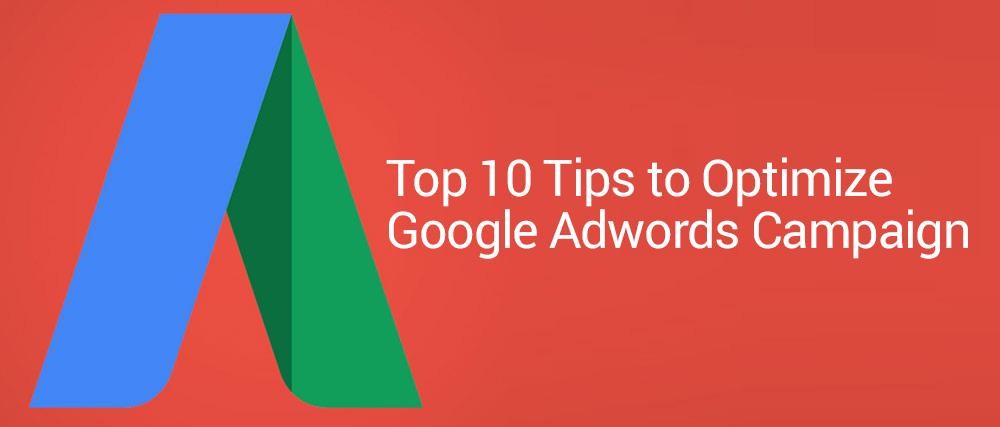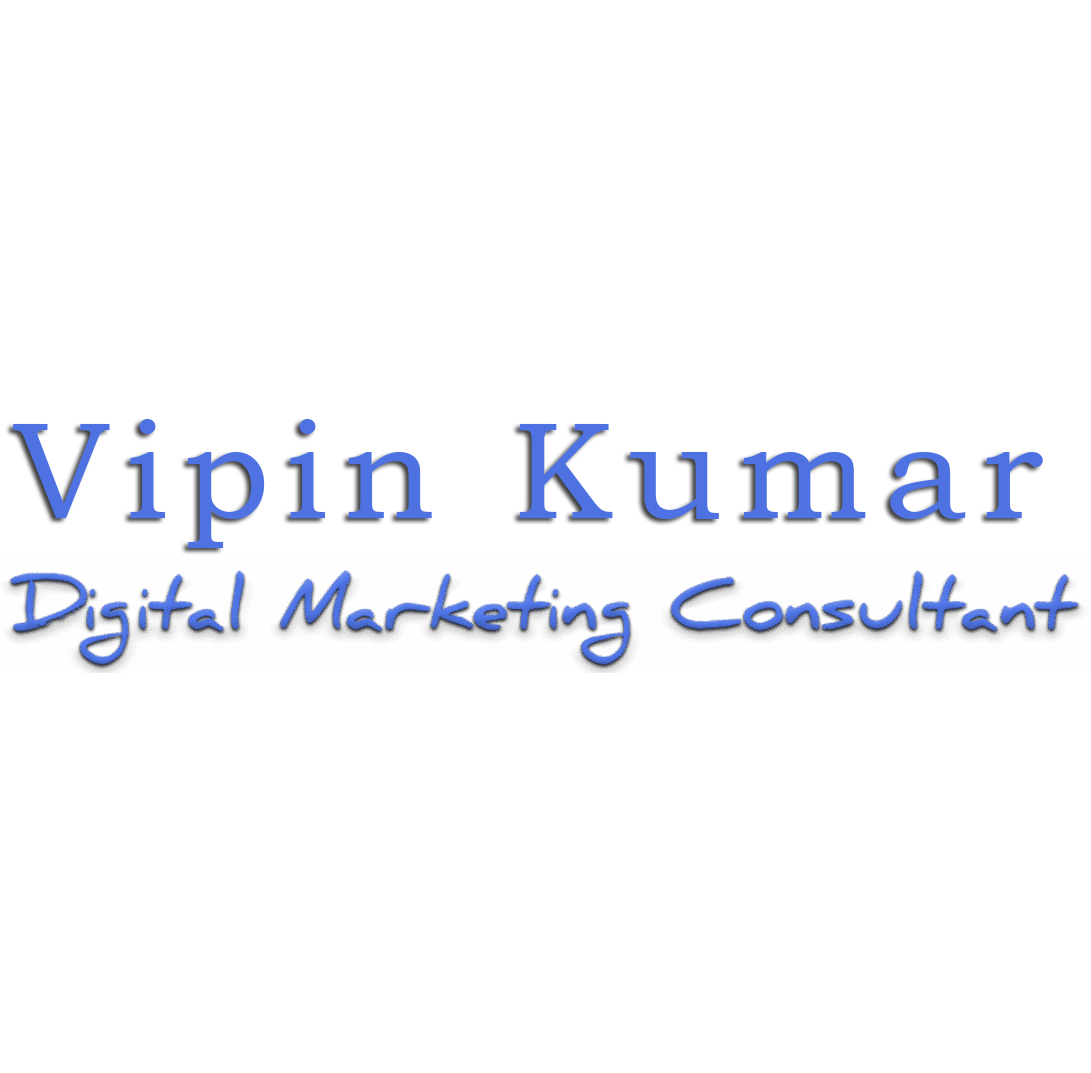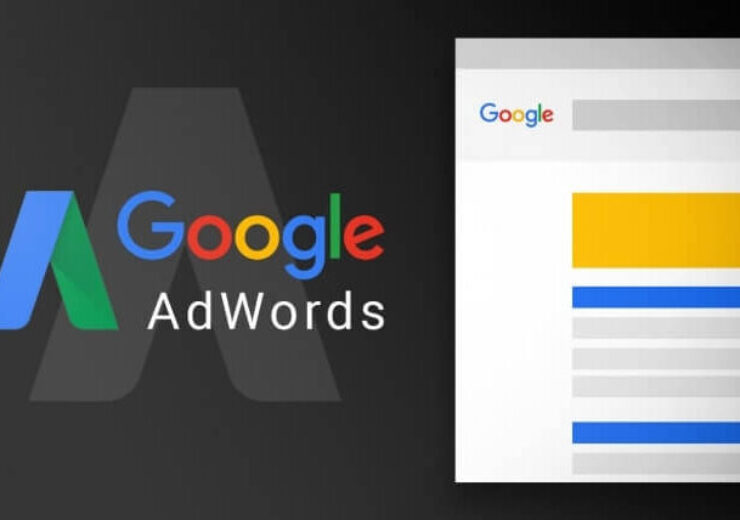10 tips for getting the most out of Google AdWords

If you want to get more quality traffic to your website quickly I would recommend investing in Google AdWords. It will work much faster than trying to rank organically with search engine optimization (SEO). I’m not saying don’t invest time in SEO as it will yield long term results for the cost of your time, I suggest your SEO strategy should run alongside a Google AdWords strategy.
If your Google AdWords campaigns are set up properly and your landing pages are designed to convert visitors into paying customers you will soon see a return on your investment. Conversely a poorly managed campaign could be costly so it pays to learn how to use Google Adwords before you invest your hard-earned cash.
Essentially your Google Adwords success is about ranking your site so it is visible to the right people, getting them to click through to your landing page, and converting them to subscribers and customers.
To help you on the road to success here are my top ten tips for getting the most out of Google AdWords.
Index
1. Define your Google AdWords Goals
Before you do anything, clearly define your Google Adwords campaign objectives. What are you looking for, more customers, more subscribers? How many new customers or subscribers are you looking for each week? Whatever objectives you decide upon you can track and measure their success within your Google Adwords account.
2. Clearly understand your target customer
You can use Google’s keyword planner to help you identify the most commonly searched for keywords. If you have a Google Analytics account set up for your site you could also use common search terms converting customers used to find your site or if your site has a search bar what people type in there.
Read More: What is Google AdWords and How Does Google AdWords Work?
I would also recommend Semrush which is a paid-for keyword research tool for far greater analysis. Semrush does however have a free service too.
This is a crucial step if you skip it or don’t spend enough time on it your campaigns will suffer.
3. Use the right keywords
If you use the right keywords you can really target profitable high converting customers. There are three ways to target customers using keywords, these are:
- Broad matches – if a user types in a search term with some similarity to your chosen keywords then your advertisement could be displayed. For example if I wanted to advertise for public liability insurance my advertisement could be shown to people searching for other types of liability insurance. With this method there is always a chance that I will rank for the wrong traffic and ultimately lose money. For more information take a look at this post from Google https://support.google.com/adwords/answer/2497836?hl=en-GB.
- Exact matches – will exactly match your keyword. Clearly the traffic will be lower here but the return could be very high.
- Phrase matches – Your ad will show when someone searches with your phrase. If the user also includes other words in the phrase then your ad may still appear.
4. Group your keywords
Google Adwords allows you to create campaigns and ad groups to manage different types of campaigns. This approach enables you to segment your ad campaigns into keyword themes relevant to the terms being search for. For example if you sell camera’s you could create an ad group for compact cameras, one for bridge cameras, one for digital SLRs, etc.
This is an important feature for you to consider. The more your break up your ad campaigns the more they are likely to convert plus they become easier to optimize and monitor performance.
5. Analyze the competition
You can learn a great deal by analyzing your competitor’s websites and it is worthwhile doing this generally and not just to support a Google Adwords campaign.
Read More: What is Google AdSense? – Definition & Information
Read your competitor’s ad copy and scan their landing pages to see what you can learn and take away to improve your own ad copy and landing page content. Think about how they look, would you click on them?
You will be surprised how much you can learn every time you analyze the competition so take notes and apply to your own ad copy and landing pages.
6. Bid on competitor search terms
This is a useful exercise. If you find several competitors bidding on the same keywords there is a good chance that they are worth bidding on. There are several tools that you can buy to assist you with this research. Again I would consider taking a look at Semrush.
7. Rank your keywords
If you have developed a large library of keywords it is best to rank them in order of those that are likely to be the most profitable from the start. The most profitable keywords are likely to be based on the total number of searches per month, their relevance, and competition (which drives cost).
Pick the top ranking keywords and focus on these initiatives.
8. Filter out negative keywords
Google Adwords allows you to filter out keywords that are unlikely to be a good match for your product or service, these are called negative keywords. For example if you want your ad to show when people search for “digital marketing” but you didn’t want your add to appear for people searching for “digital marketing jobs” you can add “jobs” as a negative keyword.
Negative keywords can be added for individual campaigns and also at the ad group level.
9. Don’t forget to bid on your own brand name
This might be obvious but if you don’t bid on your own brand name your completion will. If your competitors bid on your brand or URL they could rank above you even if you rank first for organic search terms.
A good defensive strategy is to bid high for your own brand search terms. You won’t be wasting money as people specifically searching for your company are likely to convert.
If you operate in a very competitive market it is possible that you could be spending a lot of your budget on your own brand search terms.
10. Track your success
Google Adwords enables you to check on whether a click on an ad resulted in conversion. Adwords places a cookie on the searcher’s computer after clicking on an ad that expires after 30 days. If during this 30 day period the searcher clicks through to a conversion page it is recorded in Adwords and is credited to the keyword which triggered the ad.
I hope you found this post useful. Getting the most out of Google AdWords may not be easy but I hope these 10 tips point you in the right direction.





 WhatsApp us
WhatsApp us 
